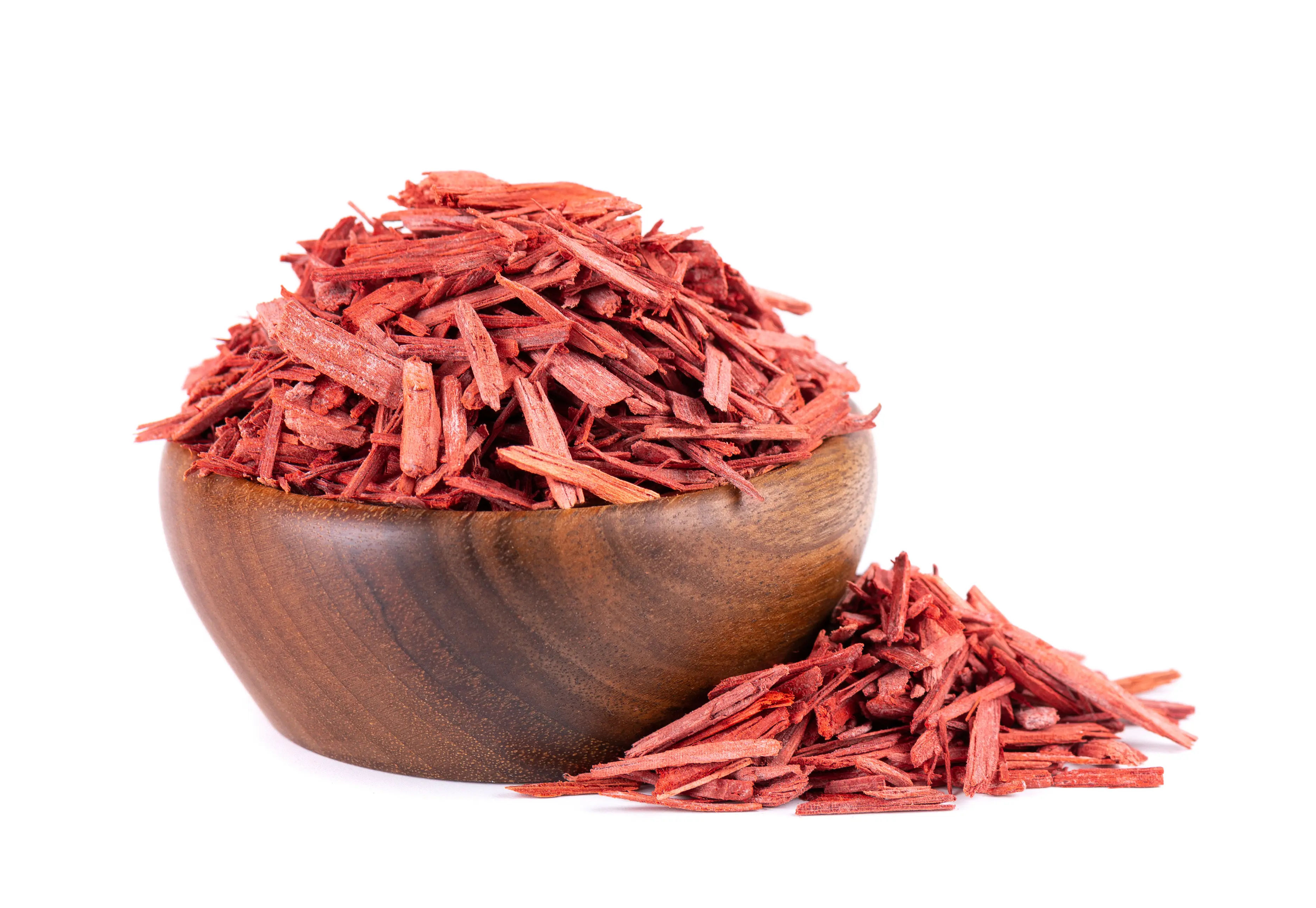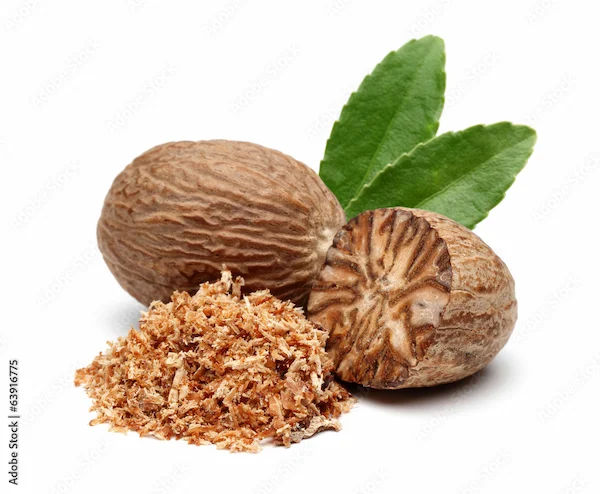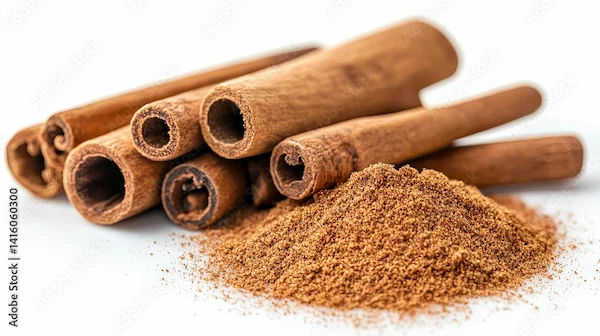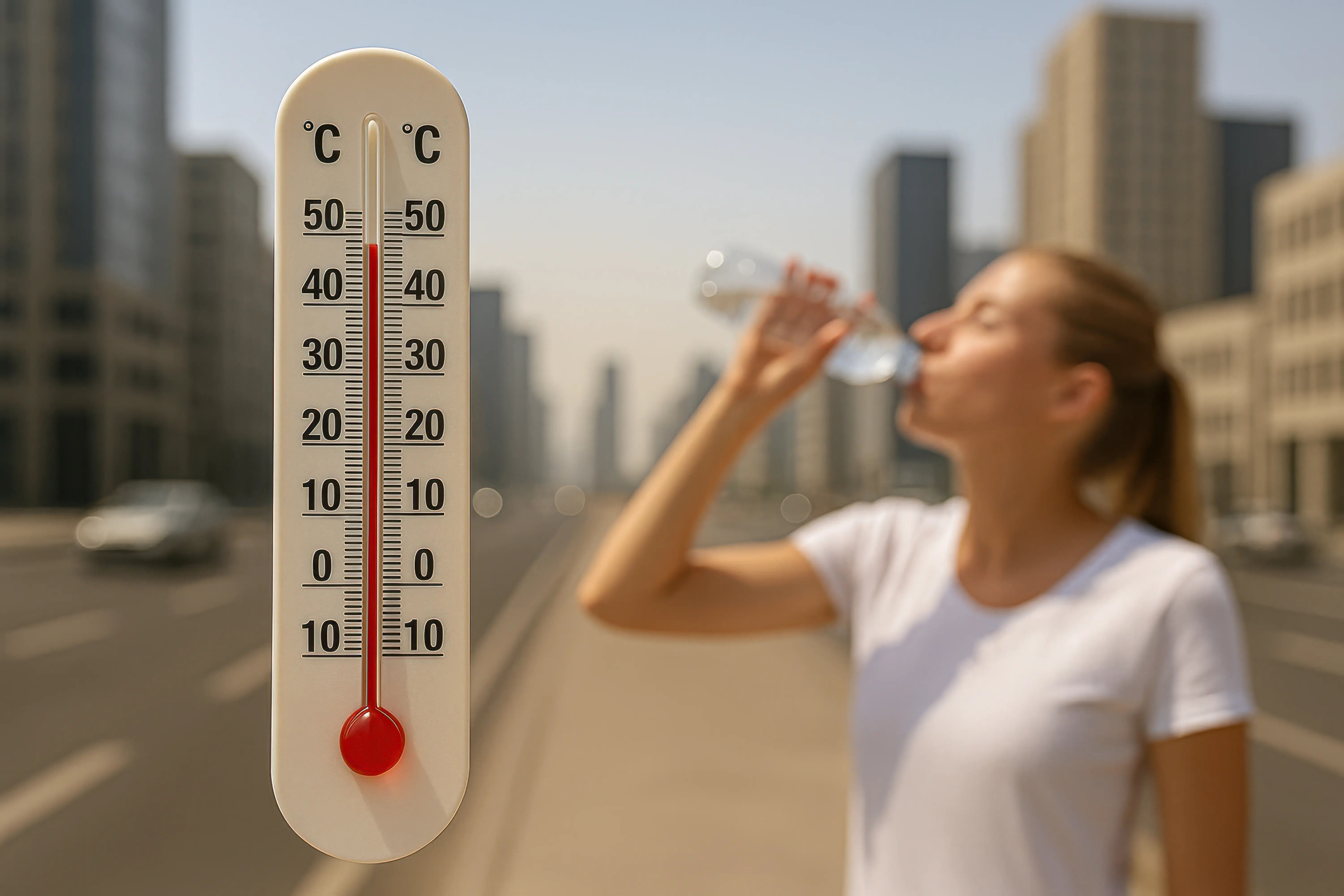Blood Vessels: Types and Functions
Explore the different types of blood vessels—arteries, veins, and capillaries—and their vital functions in the human circulatory system.


Our body is a complex network of systems working together to keep us alive and healthy. One of the most important systems is the circulatory system, which includes the heart and blood vessels. These vessels act like highways, transporting blood, oxygen, and nutrients to every part of the body.
Understanding blood vessels—their types and functions—can help you take better care of your health. Let’s break it down in simple terms.
What Are Blood Vessels?
Blood vessels are tube-like structures that carry blood throughout the body. They form a vast network, ensuring that oxygen, nutrients, and waste products are efficiently transported. There are three main types of blood vessels:
1. Arteries
2. Veins
3. Capillaries
Each type has a unique role in keeping your body functioning properly.
1. Arteries: The Oxygen Superhighways
What Do Arteries Do?
Arteries carry oxygen-rich blood from the heart to the rest of the body. They are thick and muscular to handle the high pressure of blood pumped by the heart.
Key Features:
Strong & Elastic – They stretch and contract to maintain blood flow.
Deep-Seated – Most arteries lie deep inside the body for protection.
Exception: Pulmonary Artery – The only artery that carries oxygen-poor blood (from the heart to the lungs).
Common Conditions Affecting Arteries:
Atherosclerosis (plaque buildup leading to blockages)
High Blood Pressure (Hypertension)
Aneurysms (weakened artery walls)
How to Keep Arteries Healthy?
Eat a heart-healthy diet (low in salt, sugar, and bad fats).
Exercise regularly to improve circulation.
Avoid smoking and excessive alcohol.
Get regular blood pressure and cholesterol checks.
2. Veins: The Return Path for Blood
What Do Veins Do?
Veins carry oxygen-poor blood back to the heart and lungs for reoxygenation. Unlike arteries, veins have thinner walls and rely on valves to prevent backflow.
Key Features:
Valves – Help blood flow upward against gravity (especially in legs).
Superficial & Deep – Some veins are close to the skin (visible as blue lines), while others are deep inside.
Exception: Pulmonary Vein – The only vein carrying oxygen-rich blood (from lungs to heart).
Common Vein-Related Problems:
Varicose Veins (swollen, twisted veins)
Deep Vein Thrombosis (DVT) (blood clots in deep veins)
Chronic Venous Insufficiency (poor blood return to the heart)
How to Improve Vein Health?
Stay active (walking helps circulation).
Elevate legs if sitting/standing for long hours.
Wear compression stockings if recommended.
Stay hydrated to prevent blood clots.
Get Your Health Assessed
3. Capillaries: The Tiny Bridges
What Do Capillaries Do?
Capillaries are the smallest blood vessels, connecting arteries and veins. They deliver oxygen and nutrients to cells while removing waste like carbon dioxide.
Key Features:
Microscopic Size – So tiny that red blood cells pass through in a single file.
Permeable Walls – Allow exchange of oxygen, nutrients, and waste.
Found Everywhere – Present in all tissues (skin, muscles, organs).
Common Capillary Issues:
Bruising (broken capillaries under the skin)
Poor Circulation (cold hands/feet, slow wound healing)
How to Strengthen Capillaries?
Eat foods rich in vitamin C and bioflavonoids (citrus fruits, berries).
Avoid excessive alcohol and smoking.
Manage conditions like diabetes and high blood pressure.
Why Are Blood Vessels Important for Health?
Healthy blood vessels ensure:
Proper oxygen and nutrient delivery to organs.
Waste removal from tissues.
Regulation of blood pressure.
Healing and immunity support.
When blood vessels are damaged or blocked, it can lead to serious conditions like:
Heart disease
Stroke
Peripheral artery disease (PAD)
Chronic venous disorders
Consult a Specialist for Personalised Advice
Tips for Maintaining Healthy Blood Vessels
1. Eat a Balanced Diet – Include fruits, vegetables, whole grains, and lean proteins.
2. Exercise Regularly – Walking, swimming, and yoga improve circulation.
3. Stay Hydrated – Helps maintain blood flow and prevent clots.
4. Avoid Smoking – Damages blood vessel walls.
5. Manage Stress – High stress can raise blood pressure.
6. Monitor Health Conditions – Keep diabetes, cholesterol, and BP in check.
When to See a Doctor?
If you experience:
Chest pain, shortness of breath (possible artery blockage).
Swollen, painful legs (sign of vein issues).
Numbness or cold limbs (poor circulation).
Frequent bruising or slow healing (capillary weakness).
Early detection and treatment can prevent complications.
Need a Check-Up? Apollo 24|7 Can Help!
If you have concerns about your blood vessels, heart health, or circulation, consult a doctor. You can:
Book a consultation with a specialist.
Schedule tests like cholesterol, BP, or Doppler scans.
Taking care of your blood vessels means taking care of your whole body’s health!
Consult a Specialist for Personalised Advice
Consult a Specialist for Personalised Advice

Dr. Ajay K Sinha
General Physician/ Internal Medicine Specialist
30 Years • MD, Internal Medicine
Delhi
Apollo Hospitals Indraprastha, Delhi
(200+ Patients)

Dr D M Karthik
General Practitioner
4 Years • MBBS, Fellowship in Diabetes Mellitus, Advance certificate in Diabetes Mellitus, Derma Nutrition Certification
Visakhapatnam
Apollo 24|7 Clinic - Andhra Pradesh, Visakhapatnam

Dr. M L Ezhilarasan
General Practitioner
6 Years • MBBS
Visakhapatnam
Apollo 24|7 Clinic - Andhra Pradesh, Visakhapatnam
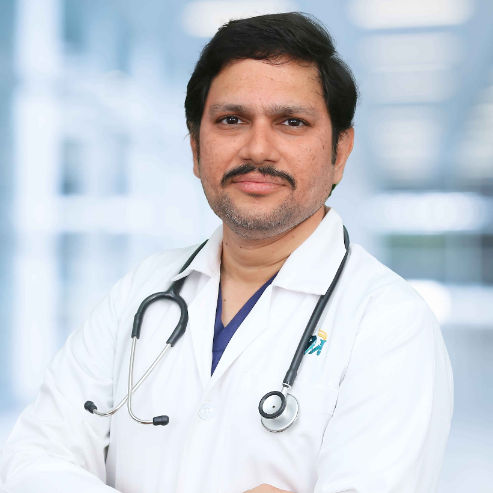
Dr. Swarna Deepak K
General Physician/ Internal Medicine Specialist
20 Years • MBBS: MD (Internal Medicine) MRCP (UK), EDIC (European Diploma in Critical Care), IDCCM, IFCCM (Critical Care), FID (Royal Liverpool Academy)
Hyderabad
Apollo Hospitals Jubilee Hills, Hyderabad
(425+ Patients)
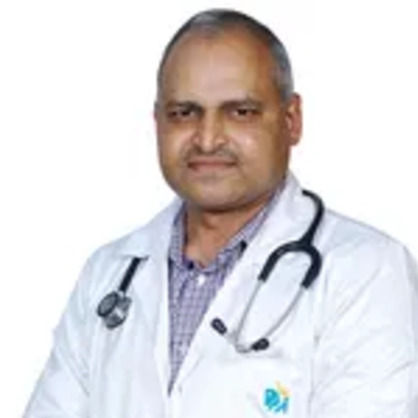
Dr. Dhanraj K
General Physician/ Internal Medicine Specialist
25 Years • MBBS, MD Internal Medicine - Osmania Medical College, Hyderabad
Hyderabad
Apollo Hospitals Jubilee Hills, Hyderabad
(400+ Patients)

